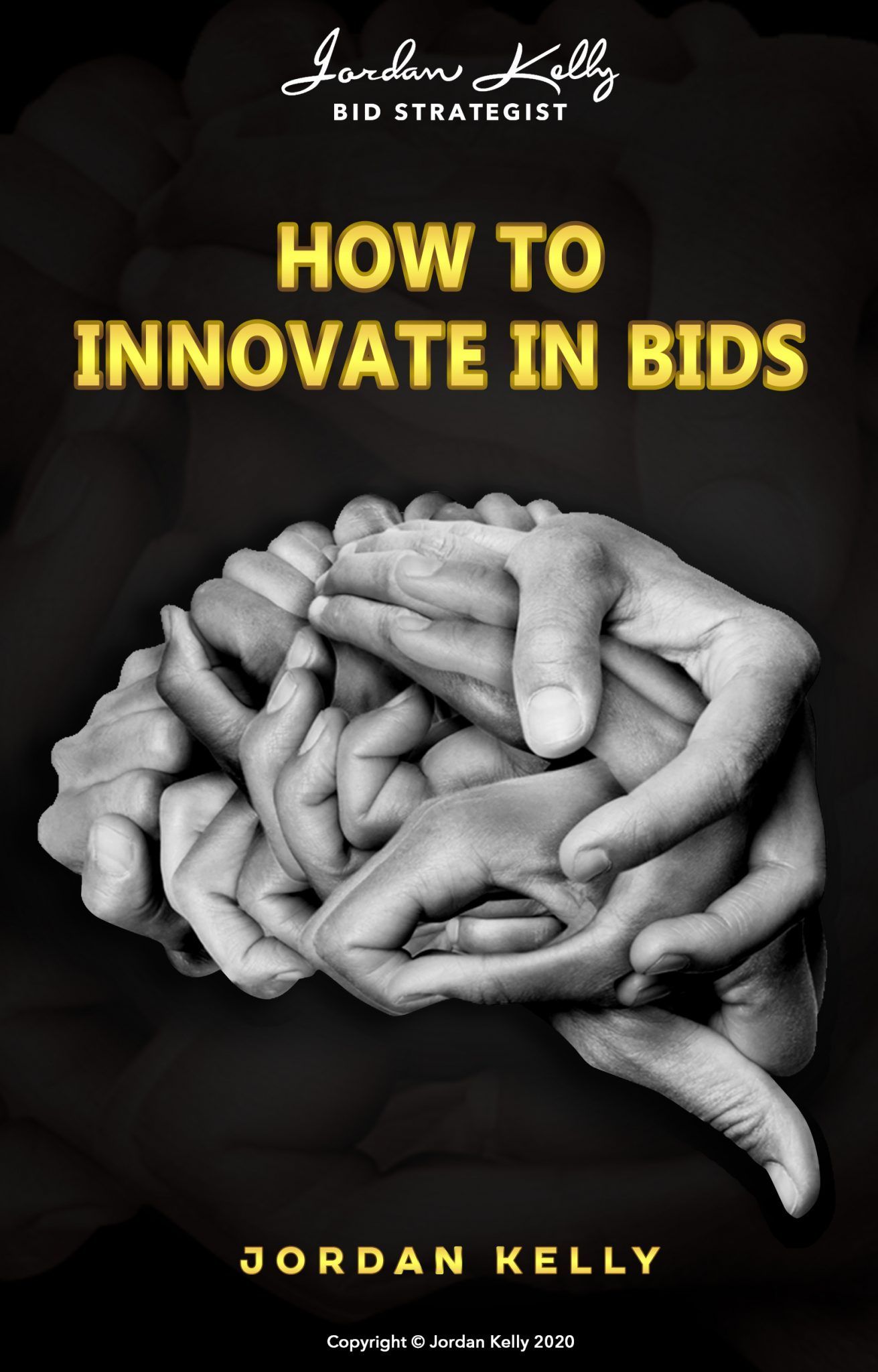CATEGORIES:

In the case of a pursuit in which a formal tendering process is not yet a foregone conclusion, your best chance of avoiding it turning into one is to:
- Progressively formulate an offering based on an increasingly deep knowledge of the customer or client organisation’s specific environment, needs and circumstances (which involves quality questioning, deep research and formulation of the solution and strategy in incremental stages);
- Careful alignment of every aspect of the customer’s / client’s need with the strengths, and preferably, the uniquenesses, of what you are able to offer;
- A de-risked solution or proposition, and
- Real-time evaluation of any competitive threat and offering.
With the patience and tenacity to progress the pursuit in accordance with this strategy, you’ll stay close to the action as it evolves. Preferably you will drive the action . . . or, more specifically, the thinking behind it i.e. on the customer’s part.
This, unfortunately, is where many business development and sales teams weaken their opportunity i.e. by over-riding human nature: The customer’s key people want their thoughts and decisions to be their own; they don’t want to be sold to. But, in many instances, BDs – in their keenness to stake their product’s ground in the customer’s mind as firmly and quickly as possible – go into “salesman” mode.
Don’t give them their opinions – or don't try to. Help them shape their conclusions with quality questioning and collaboratively and progressively formulated strategies that they can own.
To attempt to forcibly chisel out pre-formed conclusions for them, creates natural human nature-based resistance – in terms of intellectual ego and, possibly, also in terms of suspicion.
Be a strategic collaborator, a genuine trusted advisor. Not a self-serving salesperson.
It doesn’t matter how senior your position within your own organisation, you still very much risk coming across as a salesperson by not investing the time, patience and smarts in drilling deeply into the customer organisation’s stakeholder environment and needs – which, if the procurement isn’t in the process of going to a formal tender – may not be fully known even to customer organisation itself yet.
That provides you with a perfect opportunity to be a strategic collaborator who brings genuine value to each meeting, as opposed to being just another product pusher.
And if your product or service is a natural fit, then your quality questioning will enable you to table all the right information, which – in turn – will support the drawing of the logical conclusions, in incremental stages i.e. that a formal bidding process may be unnecessary . . . particularly if you have also identified and presented a maximally de-risked proposition.
THINK AND WIN BIDS:
Winning High-Value, High-Stakes Bids through Superior Questioning, Listening & Thinking Skills
(Book)
The three fundamental skills of a genuinely sharp, sustainably successful bid professional are the ability to think, listen and ask quality questions.
HOW TO INNOVATE IN BIDS

(Training Program)
"Innovation" in the context of the big-ticket bidding space takes on a very specific definition.
It’s the bidder that demonstrates a deep and genuine grasp of this definition that is likely to be successful.



